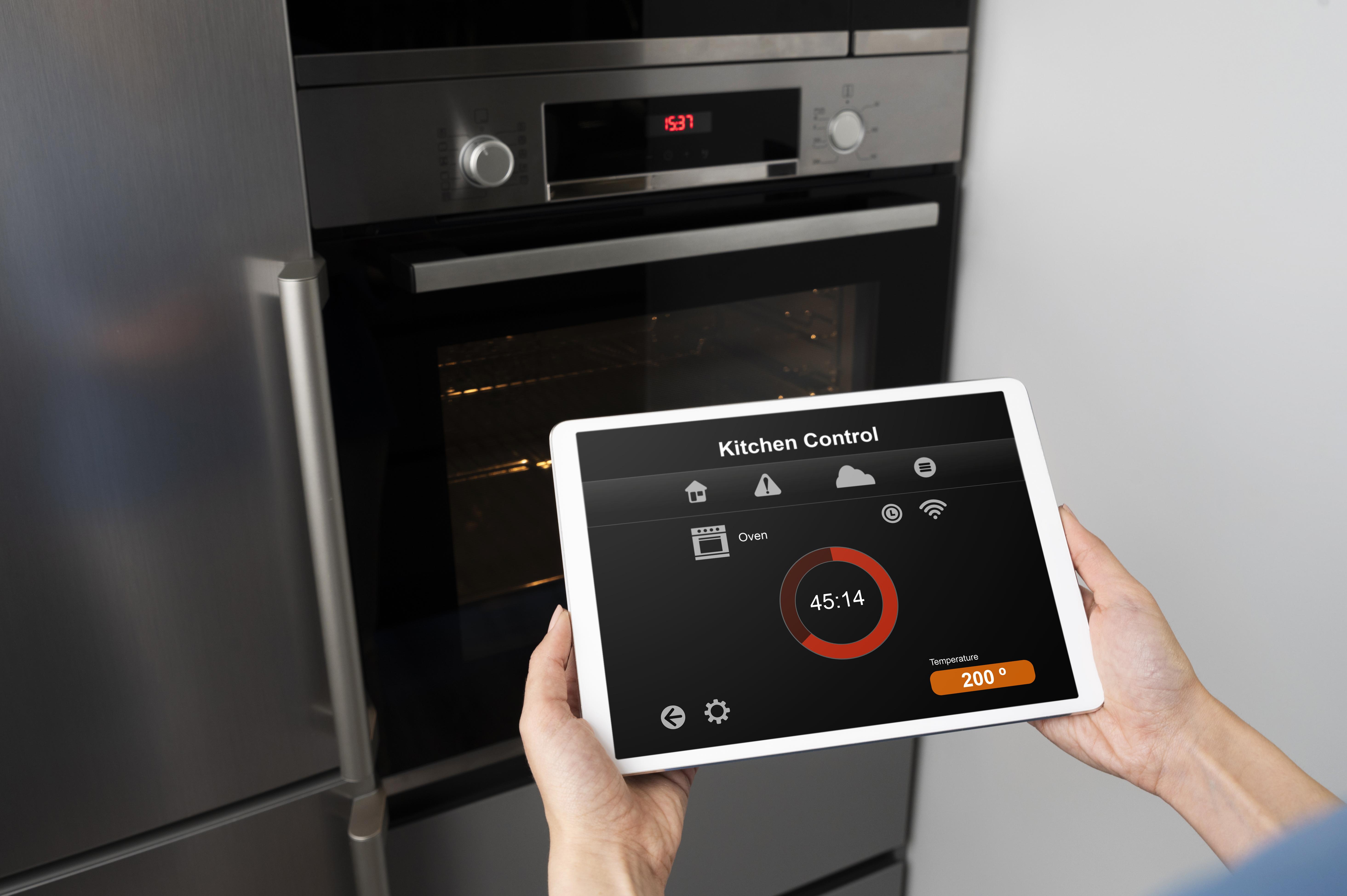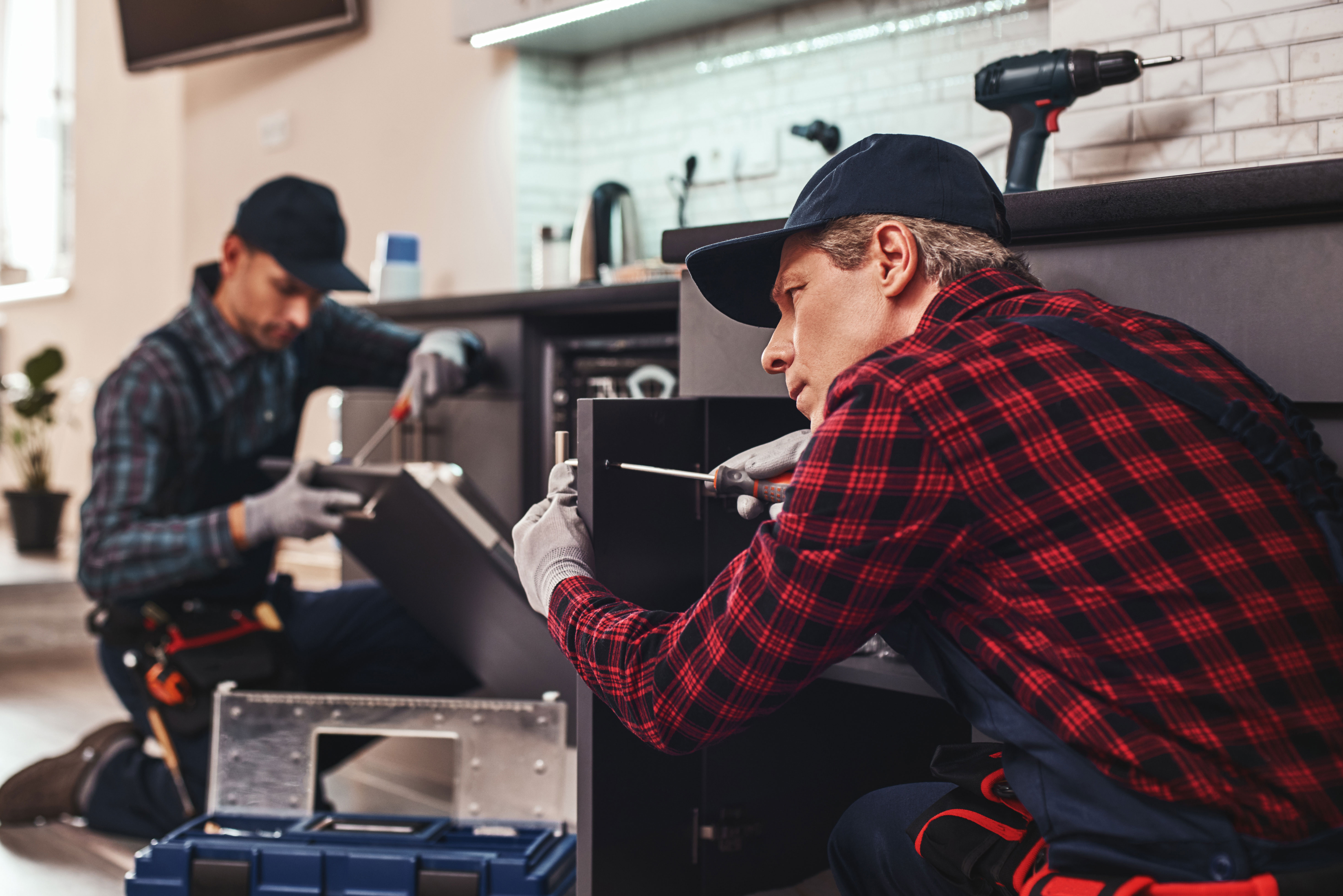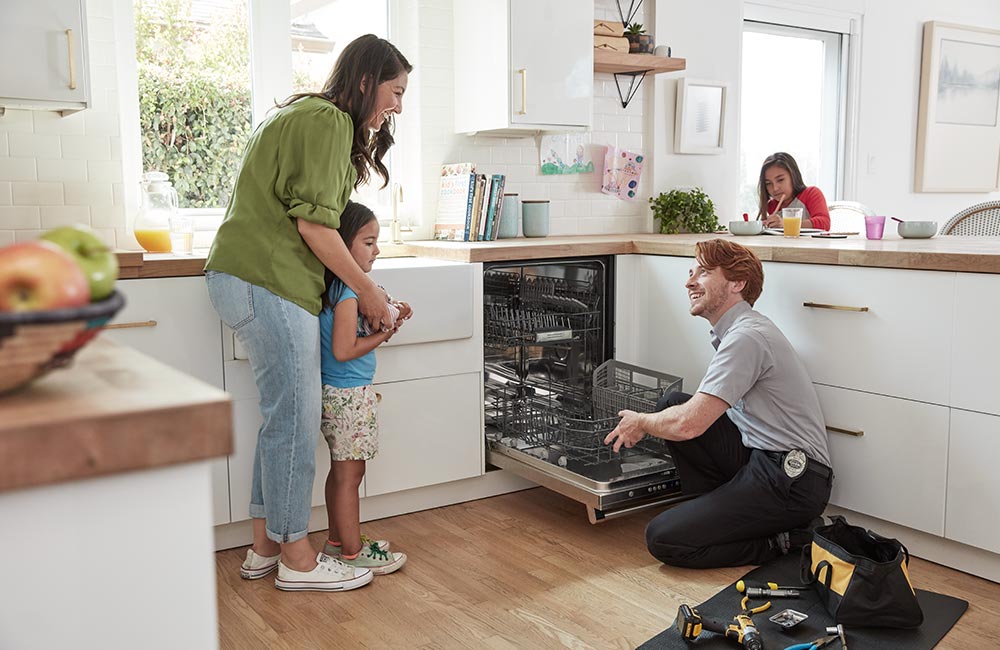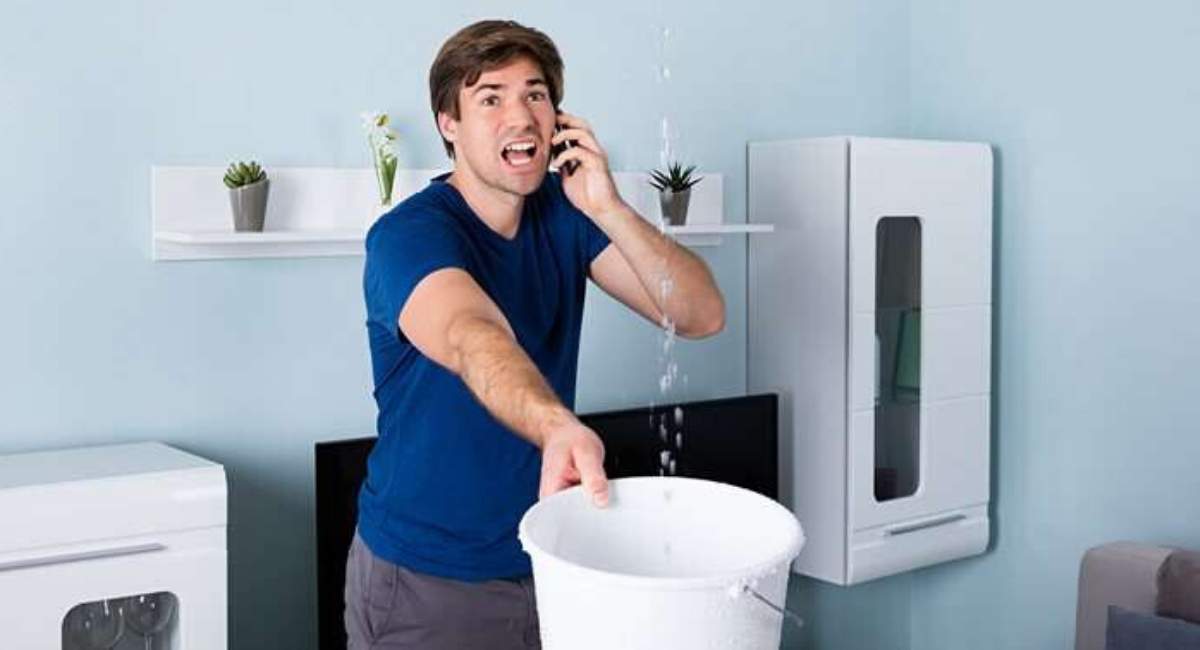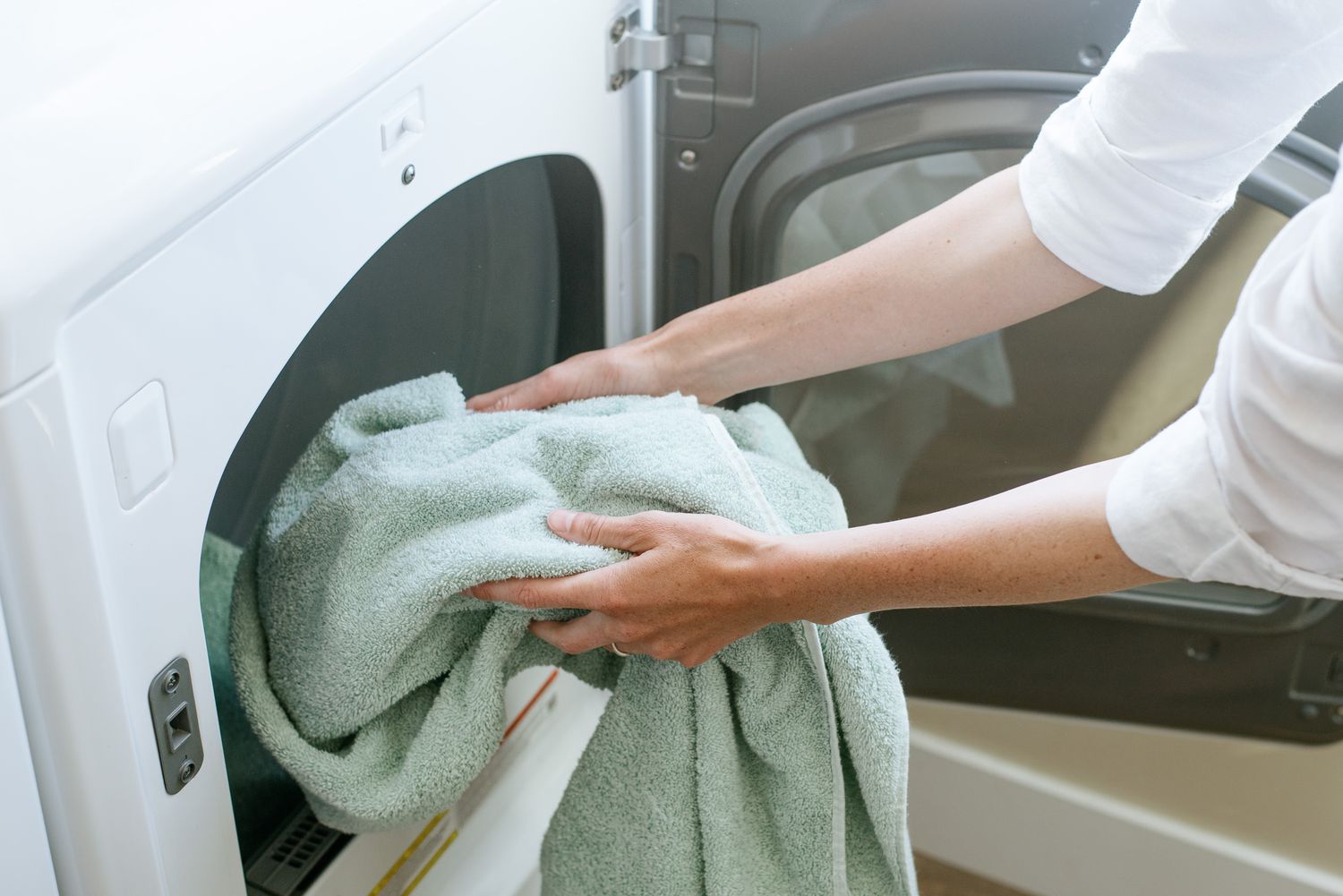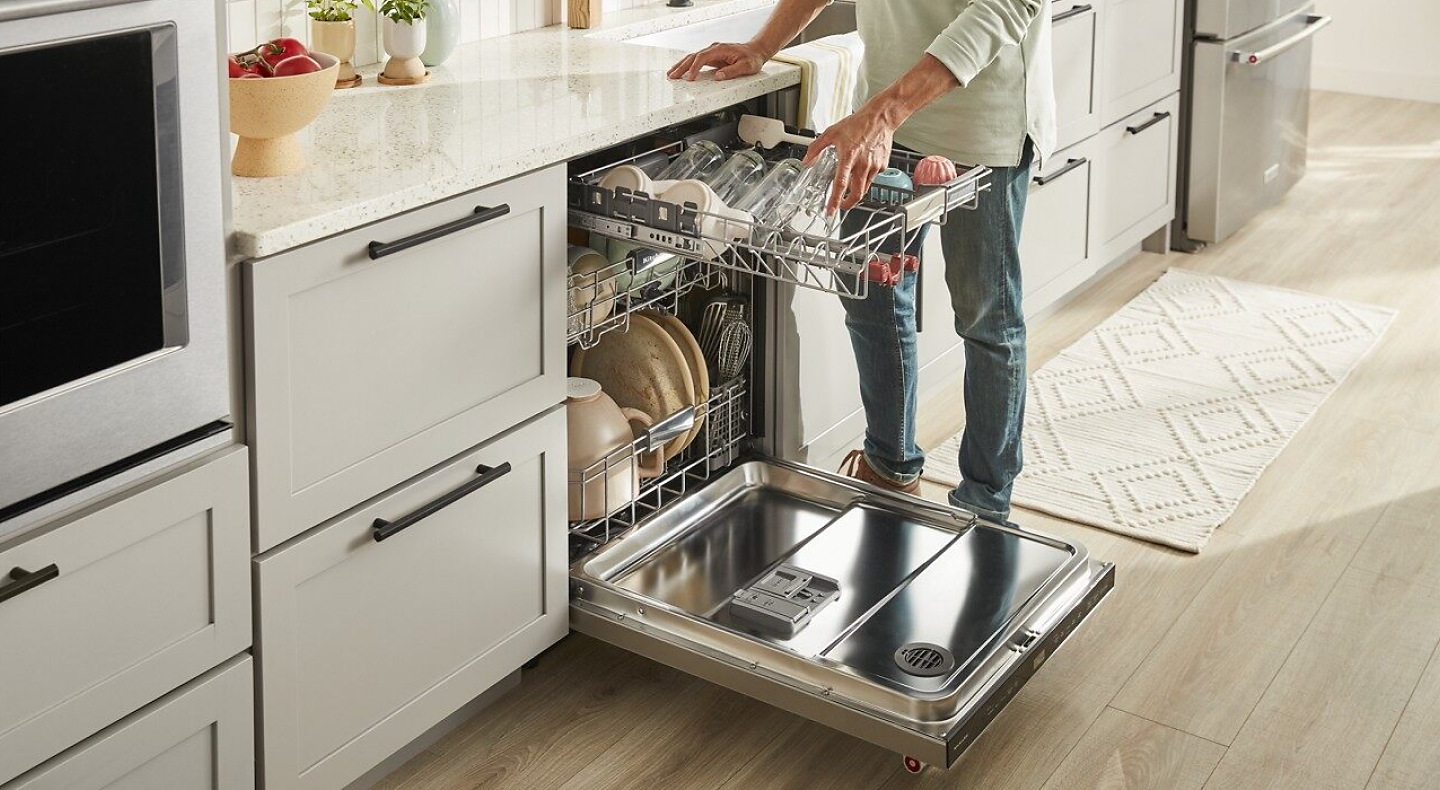Common Mistakes in Home Appliance Repair and How to Avoid Them
Home appliance repair is a common undertaking for many homeowners, offering a cost-effective solution to extend the lifespan of valuable devices. However, in the quest for DIY repairs or hiring professionals, several common mistakes can be made that may exacerbate the problem or lead to safety hazards. In this comprehensive guide, we will explore the frequent errors made in home appliance repairs and provide insights on how to prevent them. Whether you are attempting to fix a malfunctioning refrigerator, a finicky dishwasher, or any other household appliance, understanding these pitfalls is crucial for a successful and safe repair journey.
Neglecting Safety Precautions
Undoubtedly, home appliance repair is a task that demands attention not only to the technicalities of the devices but also to the safety of the individual performing the repair. Neglecting safety precautions can lead to severe consequences, ranging from personal injuries to further damage to the appliance. Prioritizing safety involves understanding the risks associated with each repair task and taking appropriate measures to mitigate them.
Before embarking on any repair journey, it is crucial to equip oneself with the necessary protective gear, including safety goggles, gloves, and, in some cases, masks. Additionally, understanding the appliance's power source and disconnecting it before initiating any repair can prevent electrical accidents. This section delves into the importance of safety measures, highlighting common safety mistakes in appliance repair, and provides a comprehensive checklist for protective gear and equipment.
Remember, a successful repair is not only about fixing the appliance but also about ensuring a secure environment for both the repairer and the household. By prioritizing safety, you lay the foundation for a smooth and incident-free home appliance repair experience.
Lack of Proper Diagnosis
One of the fundamental errors in home appliance repair is a lack of proper diagnosis. Rushing into solutions without a thorough understanding of the underlying issue can lead to ineffective repairs and, in some cases, further damage. Accurate diagnosis is the key to a successful repair, and it involves a systematic approach to identifying the root cause of the appliance malfunction.
Begin by understanding the appliance's normal operation and pinpointing any deviations from the usual behavior. This section explores the significance of accurate diagnosis, shedding light on common misdiagnoses in appliance repairs. It also outlines steps for a thorough appliance inspection, emphasizing the need for patience and attention to detail during the diagnosis process.
By investing time in understanding the problem at its core, you not only increase the chances of a successful repair but also enhance your overall knowledge of home appliances, making future troubleshooting more efficient.
Misuse of Tools and Equipment
Proper tools are the backbone of any successful home appliance repair, and the misuse of these tools is a common mistake that can lead to complications. Each appliance may require specific tools, and using the wrong ones or mishandling them can result in damage to the appliance or pose a safety risk.
This section highlights the essential tools for home appliance repairs and discusses the consequences of tool mishandling. Understanding the proper usage of tools for different appliances is crucial for a successful repair. Whether it's a screwdriver, multimeter, or pliers, knowing how to use each tool correctly ensures precision and prevents unintended damage.
By educating yourself on the right tools for the job and their proper usage, you not only safeguard the appliance but also enhance your proficiency in the repair process.
Ignoring Manufacturer Guidelines
Manufacturer guidelines and manuals are often overlooked in the rush to resolve appliance issues quickly. However, ignoring these guidelines can lead to improper repairs, voided warranties, and even safety hazards. Manufacturers provide specific instructions for a reason, and adhering to them is essential for a successful and safe repair.
This section emphasizes the importance of reading manuals and following manufacturer recommendations. It explores common pitfalls associated with disregarding guidelines and provides insights into how following these instructions can contribute to optimal repair outcomes.
By taking the time to familiarize yourself with manufacturer guidelines, you not only ensure a more accurate repair but also demonstrate a commitment to preserving the integrity of the appliance.
Overlooking Routine Maintenance
Routine maintenance is the unsung hero of home appliance longevity, yet it is a commonly neglected aspect of ownership. Overlooking regular maintenance tasks can lead to gradual wear and tear, reduced efficiency, and, ultimately, more frequent repairs. This section delves into the role of regular maintenance in appliance longevity, shedding light on commonly neglected tasks and providing guidance on creating a maintenance schedule.
Understanding the inner workings of your appliances allows you to identify components that require periodic attention. Whether it's cleaning filters, lubricating moving parts, or checking for leaks, routine maintenance goes a long way in preventing unexpected breakdowns and ensuring optimal performance.
By incorporating routine maintenance into your household chores, you not only extend the lifespan of your appliances but also reduce the frequency of repairs, saving both time and money.
Rushing the Repair Process
In the eagerness to restore a malfunctioning appliance to its normal state, many individuals fall into the trap of rushing the repair process. Hasty repairs often result in oversight, missed steps, and, ultimately, a less effective resolution of the issue. This section explores the pitfalls of hasty repairs, emphasizing the importance of taking the necessary time for thorough fixes.
Patience is a virtue in home appliance repair, allowing for a systematic approach to troubleshooting and addressing the root cause of the problem. Balancing speed and precision is crucial; rushing the repair may provide a temporary solution but can lead to recurring issues or additional complications in the long run.
By adopting a measured and patient approach, you increase the likelihood of a successful repair that stands the test of time.
Inadequate Troubleshooting
Effective troubleshooting is an art that requires a systematic approach to identify and resolve appliance issues. Inadequate troubleshooting, marked by a lack of methodology or understanding of the appliance's functioning, is a common mistake in the repair process. This section delves into the art of effective troubleshooting, highlighting common mistakes and providing guidance on building a systematic troubleshooting approach.
Understanding the appliance's components, functions, and potential failure points is essential for successful troubleshooting. This section outlines the steps involved in a structured troubleshooting process, emphasizing the importance of observation, analysis, and testing.
By becoming proficient in troubleshooting, you not only enhance your repair skills but also gain a deeper understanding of the inner workings of home appliances.
Poor Wiring and Electrical Connections
Electrical safety is paramount in home appliance repair, and poor wiring or incorrect electrical connections pose significant risks. This section underscores the importance of electrical safety, highlighting common wiring errors and their potential ramifications. Ensuring proper electrical connections is not only crucial for the appliance's functionality but also for the safety of the repairer and the household.
Before delving into any electrical repair, it is essential to understand basic wiring principles and follow best practices. This section discusses electrical safety measures, common errors to avoid, and the importance of using appropriate tools for electrical work.
By prioritizing electrical safety, you not only protect yourself from potential harm but also contribute to the overall safety of your home.
Recognizing When to Seek Professional Help
In the intricate world of home appliance repair, there comes a point where recognizing your limitations is crucial. Are you faced with a complex issue that extends beyond your DIY skills? Instead of persisting with trial and error, it's time to recognize the signs indicating the need for professional assistance.
A clear indicator is when the repair process becomes increasingly challenging, involving intricate components or specialized knowledge. Rather than risking further damage or compromising safety, consider the benefits of reaching out to reliable appliance repair services.
Professional intervention not only ensures a more accurate diagnosis but also expedites the resolution, minimizing downtime. Don't underestimate the value of expertise, especially when dealing with intricate appliances. By recognizing when to seek professional help, you safeguard your investment, avoid unnecessary expenses, and enjoy the peace of mind that comes with a job well done.



